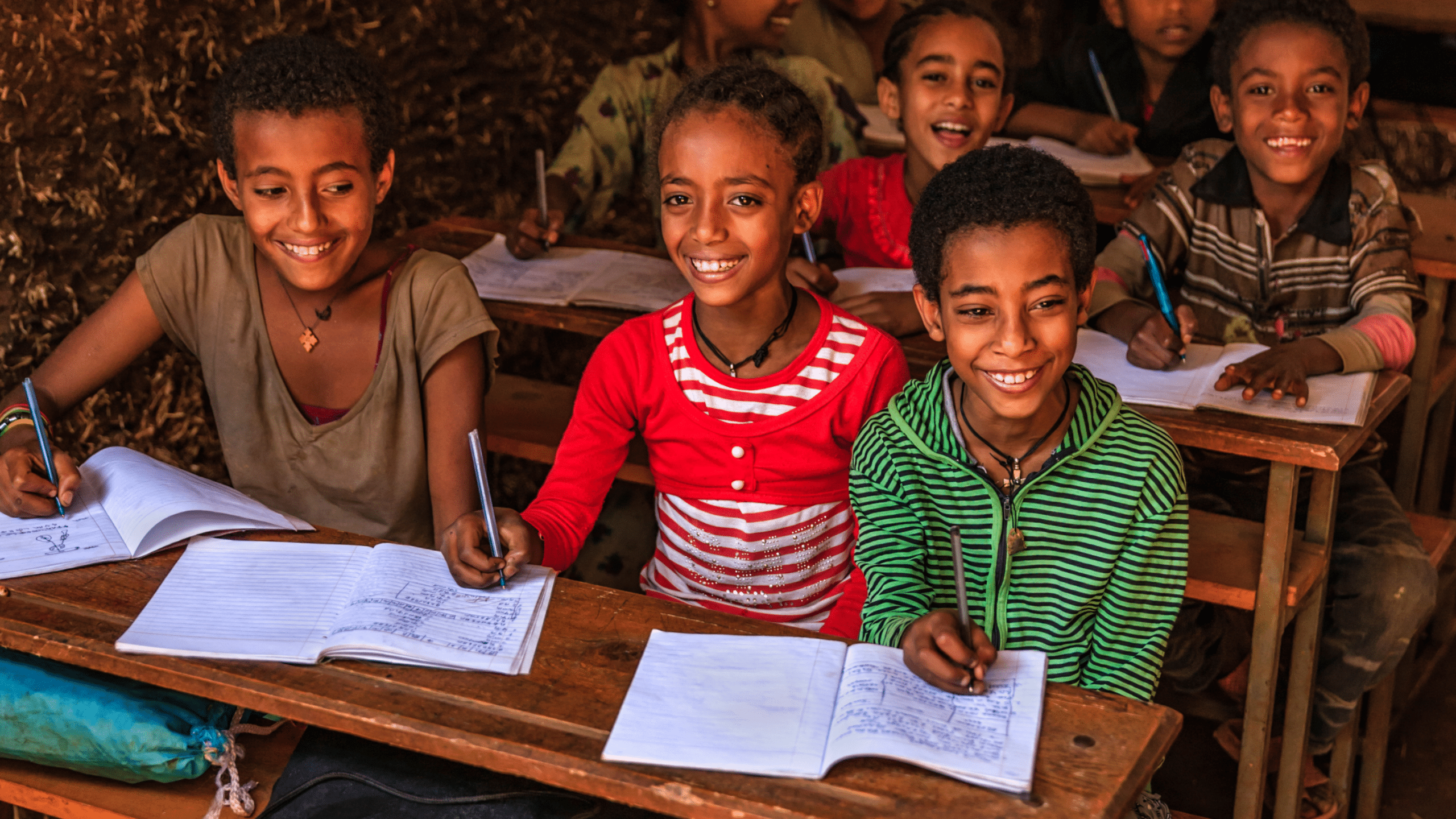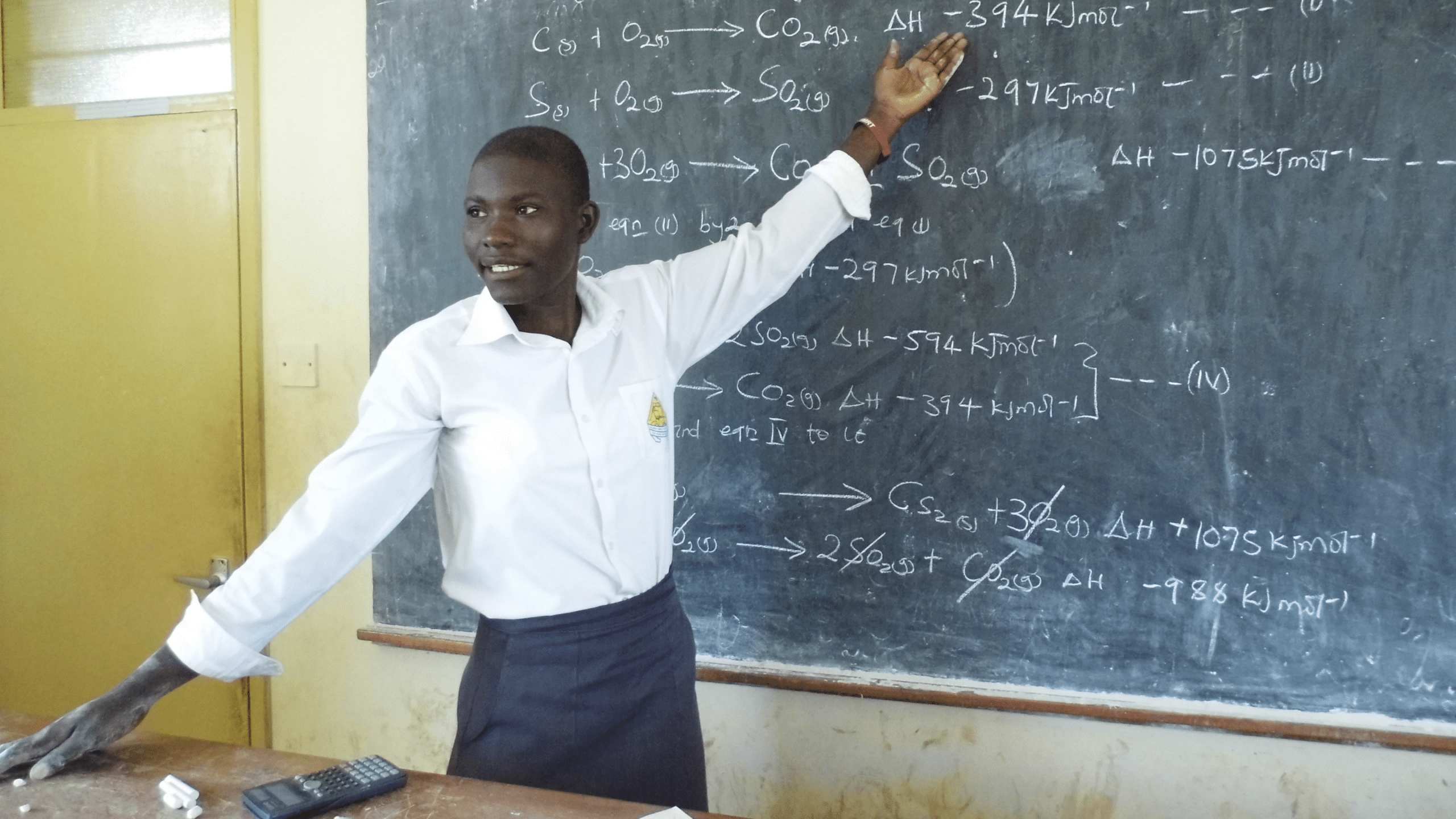The STEPS (STEM Teacher/student Education for Primary Schools) Initiative has emerged as a groundbreaking effort to revolutionize primary STEM education in Cameroon, Benin, and the Democratic Republic of Congo (DRC). At its core, STEPS thrives on the power of partnerships and collaborations, bringing together educators, researchers, and policymakers to create lasting change in the education landscape.

Our collaborative approach has yielded remarkable results across multiple fronts, including:
- Cross-Country Cooperation: STEPS has fostered cooperation between Cameroon, Benin, and the DRC. By sharing resources, expertise, and best practices, STEPS has created a unified front to tackle common educational challenges. This tri-county partnership has allowed for the development of culturally sensitive and locally relevant teaching materials.
- Teacher Professional Development (TPD): Through 50 TPD sessions across the three countries, STEPS has empowered approximately 160 teachers from 18 schools. These sessions have been instrumental in collaborating with diverse school systems and heads of schools while introducing innovative teaching methodologies, particularly in Math and Science. The enthusiastic adoption of inquiry-based approaches by teachers has led to more engaging and effective Science classroom experiences.
- Ministry Partnerships: Collaboration with Ministries of Education has been crucial to STEPS’ success. In Benin, the Ministry has requested official registration of STEPS Science Teacher Guides, paving the way for widespread adoption. Similar interest from education departments in Cameroon and DRC demonstrates the potential for scaling up the initiative.
- Academic Institutions: Partnerships with institutions like the Higher Teachers’ Training College in Yaounde, Cameroon, have opened doors for broader dissemination of STEPS materials. The college’s interest in incorporating STEPS Math and Science Teacher Guides into their digital learning platform showcases the initiative’s potential to influence teacher training at a systemic level.
- International Collaborations: STEPS has garnered attention on the global stage, presenting at conferences like the KIX Symposium in Ivory Coast and the mEducation Alliance Symposium. These international platforms have allowed for knowledge sharing and the potential for expanding the STEPS model to other countries.
- Local School Networks: Collaborations with school networks, such as the Emmanuel Community Schools in DRC and the Cameroon Baptist Convention schools in Cameroon, have proven vital. Their commitment to introducing STEPS materials across their schools demonstrates the initiative’s impact and scalability at the local level.
- Research Partnerships: STEPS has engaged Research Assistants (RAs) across the three countries, fostering a culture of data-driven decision-making. This research component has been crucial in assessing the impact of STEPS interventions and refining our approach.

The success of STEPS lies in its ability to bring together diverse stakeholders united by a common goal: improving primary education. By leveraging these partnerships, we have created a model that is not only effective but also sustainable and scalable.
As we move forward, STEPS continues to seek new collaborations and strengthen existing ones. We invite educators, researchers, policymakers, and anyone passionate about transforming primary STEM education to join us in this exciting journey. Together, we can create a brighter future for students across Africa and beyond.
References:
Chickering, M., Frank, E., Atanga, N.,et.al (2024). STEM Teacher/student Education for Primary Schools (STEPS). [Unpublished manuscript].
